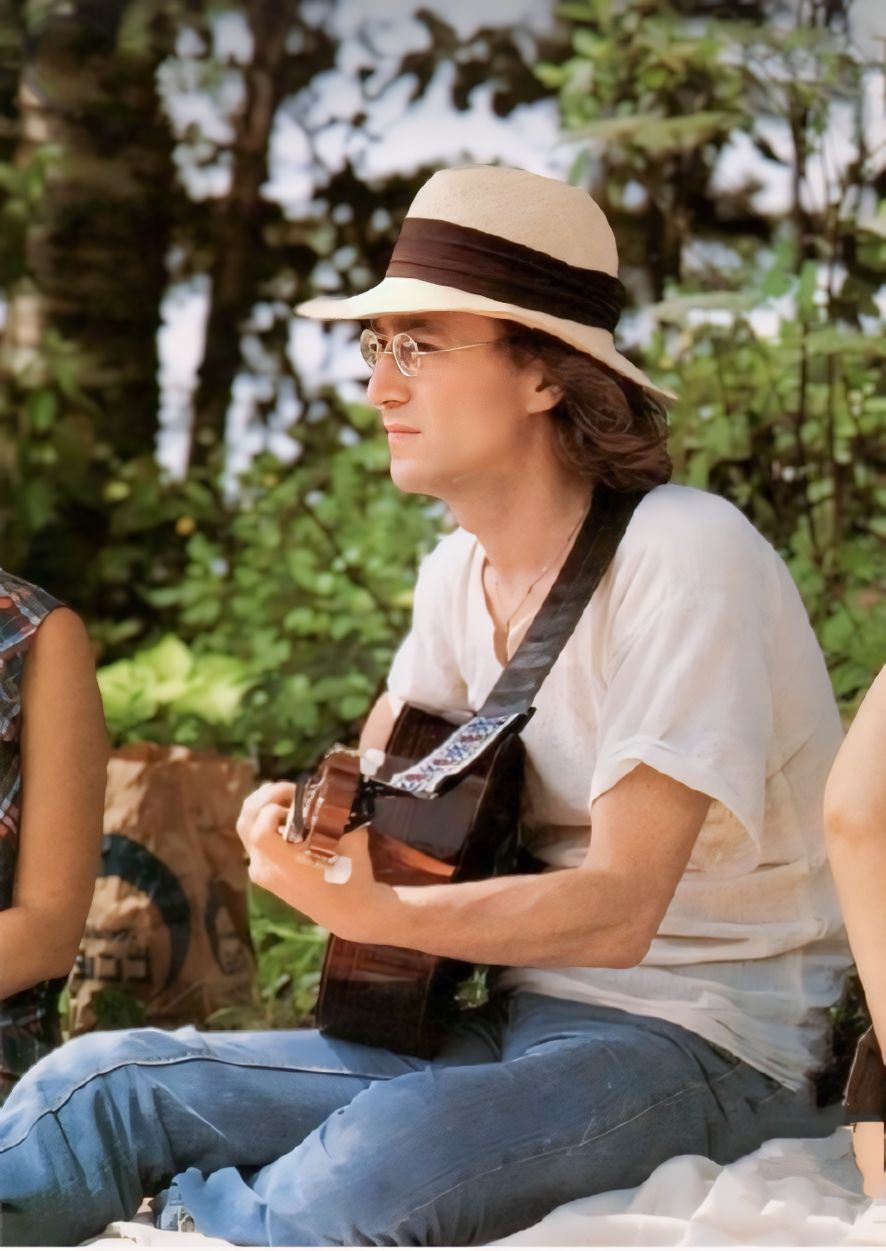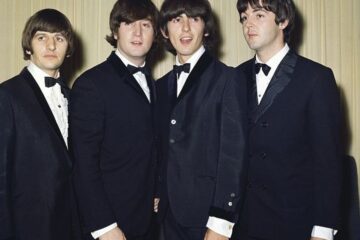The Beatles were a working-class phenomenon. Born and raised in Liverpool to blue-collar families and all attending normal public schools, the Fab Four carried humble and relatable beginnings. But they were always out to prove to the world that class and creativity were in no way linked and genius could strike any social standing. As they broke into the big time, they were aware that they were breaking into the elite, too.
The origin story of the Beatles truly is a victory for the everyman. They all started playing their instruments like any working-class kid does, teaching themselves or getting tips from family or an occasional teacher. They started bands in school, and slowly, they got better and better. By the time the lineup as we know it was in existence, they were gigging around, playing any venue they could to make a name for themselves.
Even their musical style was tied tightly to their roots. In their early days, back when they were The Quarrymen, they were merging rock and roll with the distinctly working-class sound of skiffle. The blues rock sounds they were inspired by, floating across from the Atlantic, were sounds of the working man. The rock band set-up always represented an accessible approach to music, and as the genres became increasingly merged and formless, the lack of rigid or strict roles or rules to rock and roll meant that anyone could get involved. So, from their schools or basement bars around Liverpool, The Beatles got involved.
The mission of the band’s debut album was simply to put their promise on tape. With a budget of £400 and only a day to play with, Please Please Me was made fast and cheap. As their producer George Martin took a chance on the Liverpudlian lads, that first album captures the stage show the band had been putting on for a while now, translating the gigs they played around town to recording. But when it came to their second record, they were ready to step it up and prove that northernness or working-class origins don’t mean stupid. For their sophomore album, With The Beatles, the band were out to prove their smarts.
“I was doing literature at school, so I was interested in plays on words and onomatopoeia. John didn’t do literature, but he was quite well-read, so he was interested in that kind of thing,” Paul McCartney said of the release. Specifically, the opening track of the album, ‘It Won’t Be Long’, was crafted to build on the success of hits like ‘Please, Please Me’ or ‘She Loves You’, but with an elevated and more elaborate crafting.
Rather than proving their smarts with a string of difficult words, ‘It Won’t Be Long’ proves their power in a different way. “The Beatles were more intellectual, so they appealed on that level, too. But the basic appeal of the Beatles was not their intelligence. It was their music,” John Lennon said. As the song kicks off and the repeated echoing refrain of “It won’t be long, yeah (yeah), yeah (yeah)”, the band are bouncing harmonies between the members. It’s a delicate thing, requiring tight timing. Paired with a more layered and unique instrumental that they’d attempted before, the tempo of the track is far more intricate than any simple rock and roll track. In the back, Ringo Starr plays a more jazz-inspired drum line, holding it all down as Lennon, McCartney and Harrison create perfect echoes of lyricism.
“It was only after a critic for the [London] Times said we put ‘Aeolian cadences’ in ‘It Won’t Be Long’ that the middle classes started listening to us,” Lennon said of the track, adding, “To this day, I have no idea what ‘Aeolian cadences’ are. They sound like exotic birds.”



